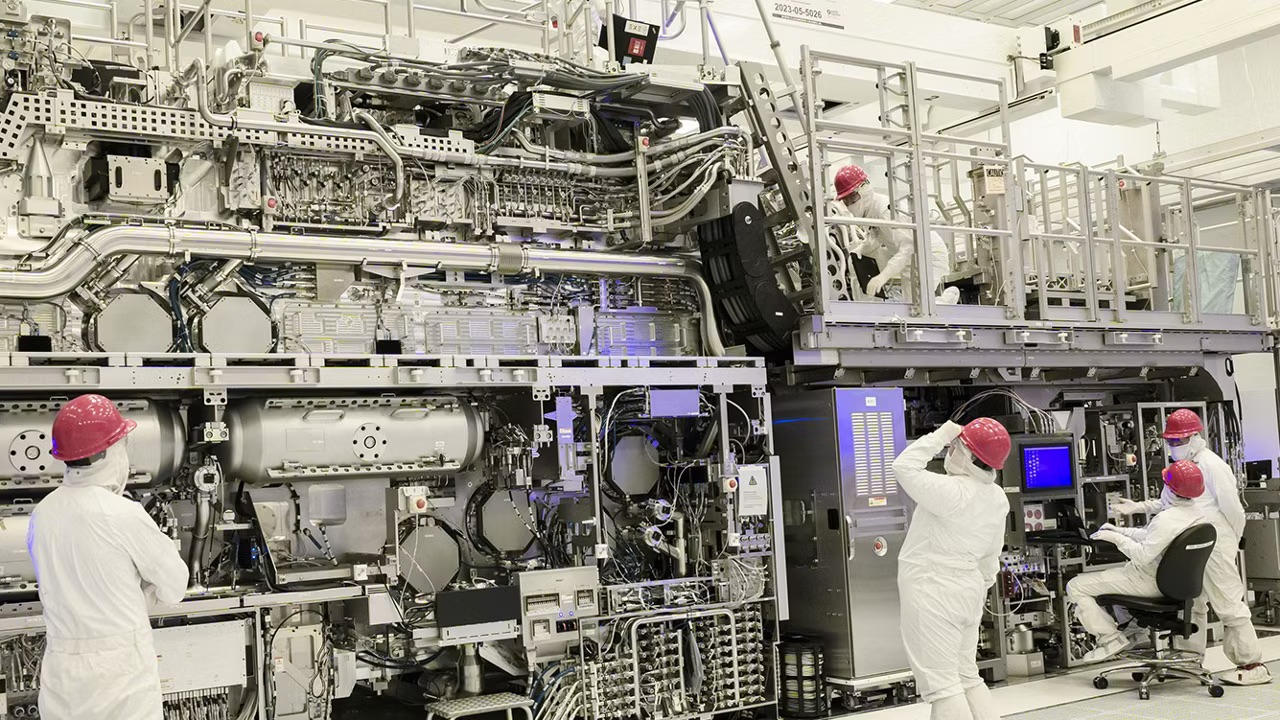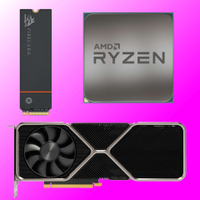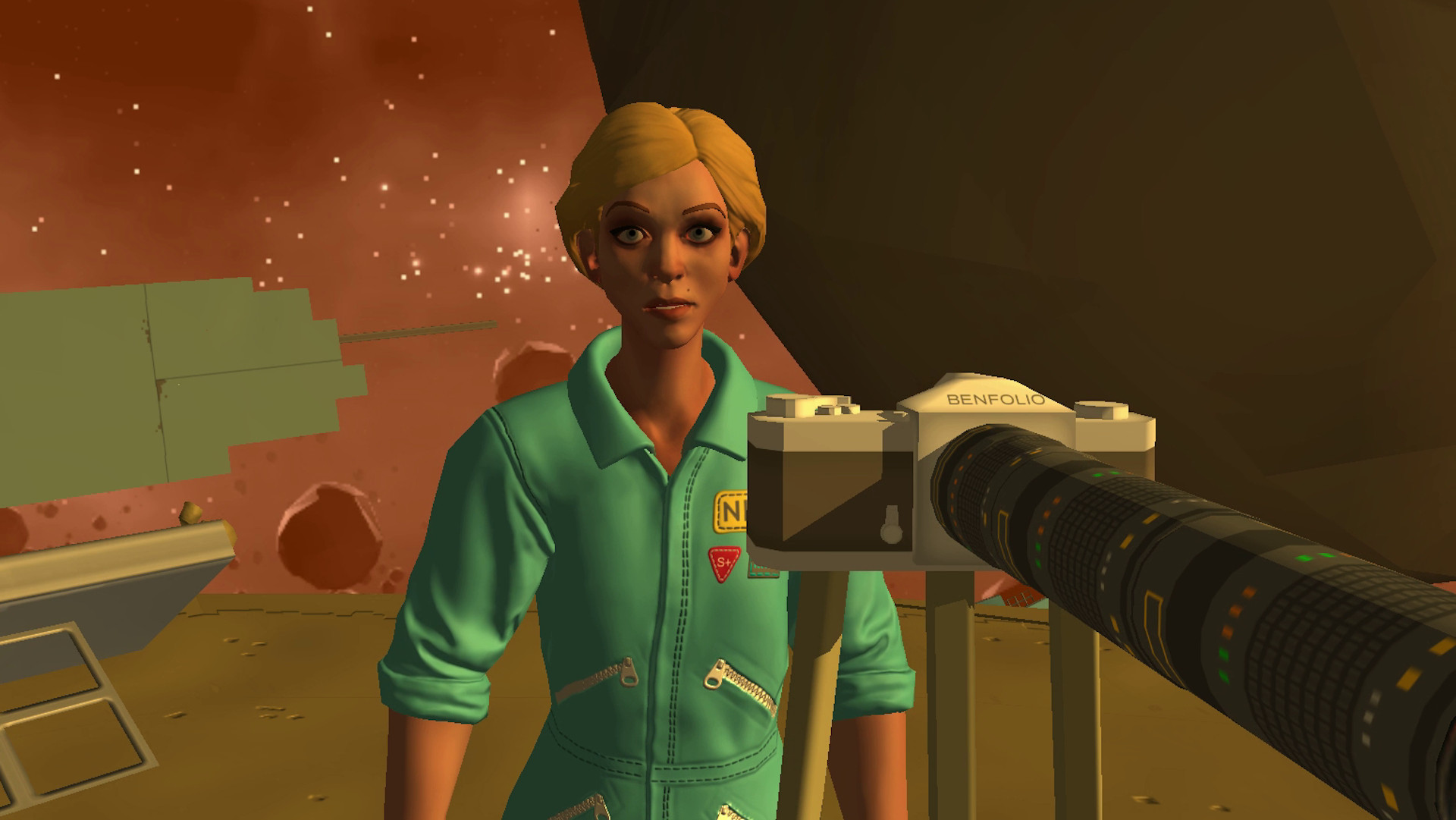The Intel-TSMC unholy chip factory alliance rumour re-emerges and this time a 'preliminary' deal is said to have been done
The involvement of AMD, Nvidia and Broadcom remains unclear...

It's the shipping story that just won't die, so here's the latest twist in the almost fanfic pairing of Intel and TSMC. The two companies have reportedly inked a "preliminary" agreement for a joint venture to run the latter's chip manufacturing factories, otherwise known as fabs.
We've been here before, with an initial rumour to this effect, followed by stories that TSMC had pitched Nvidia, AMD and Broadcom to join in the joint-venture party. This latest story surfaced on The Information (paywalled, via Reuters) and, for now, it's unclear if those other companies are involved.
This time, however, the talks have progressed to that "preliminary agreement" with TSMC reportedly taking a 20% stake in Intel's fabs as part of the deal. Reuters says both Intel and TSMC have declined to comment on the story.
Reference has been made to, "Intel and other U.S. chip companies" holding a majority stake the new company formed from what is currently Intel Foundry, but it's all rather opaque. For now, therefore, this remains firmly a rumour, if a persistent one.
So, what to make of it? Firstly, if true it likely doesn't commit either side to seeing the deal through. Secondly, well, there are too few details to draw many conclusions.
We don't know, for instance, to what extent TSMC will roll its sleeves up and insert itself into the running of Intel's fabs. TSMC has clearly a better recent track record when it comes to operating chip factories. But it can hardly just turn up and say, "press that, tweak that, sorted!"
Chip manufacturing is fiendishly complex and it would likely take years for TSMC to change Intel's course. The specifics of Intel's new 18A process, for instance, are essentially a done deal. It's a bit like Nvidia taking over AMD's Radeon graphics division. The new RX 9070 is a done deal and it would be years before the influence of Nvidia could be seen in future Radeon GPUs.
The biggest gaming news, reviews and hardware deals
Keep up to date with the most important stories and the best deals, as picked by the PC Gamer team.
Putting a cynical hat on for a moment, this is exactly the sort of non-deal deal you might expect from both parties in terms of buying time in this acutely uncertain era of geopolitics.
In that scenario, TSMC wants to look like it is putting its best foot forward in terms of producing chips in the US in an effort to avoid tariffs. So, talk of helping Intel's fabs looks terribly cooperative.
Intel, meanwhile, will want to look proactive to investors who are very worried about the performance of its fabs. So, a "preliminary" deal with the world's leading chip manufacturer that doesn't fully commit either party to anything could work for an interim period while Intel finds out if it can get the new 18A going properly.
Should the tariffs remain in place and should Intel's 18A node be a dud, maybe they see the whole thing through. But if tariffs fade and / or there's a new US administration without a tariff fetish, and if Intel 18A is a banger, maybe they both quietly forget the whole thing.
It is worth noting that Intel's foundry focused Direct Connect event is happening on April 29 this year, and there's a chance this could be where any sort of announcement might be made on any partnerships and Intel Foundry changes.
Best CPU for gaming: Top chips from Intel and AMD.
Best gaming motherboard: The right boards.
Best graphics card: Your perfect pixel-pusher awaits.
Best SSD for gaming: Get into the game first.

Jeremy has been writing about technology and PCs since the 90nm Netburst era (Google it!) and enjoys nothing more than a serious dissertation on the finer points of monitor input lag and overshoot followed by a forensic examination of advanced lithography. Or maybe he just likes machines that go “ping!” He also has a thing for tennis and cars.
You must confirm your public display name before commenting
Please logout and then login again, you will then be prompted to enter your display name.


